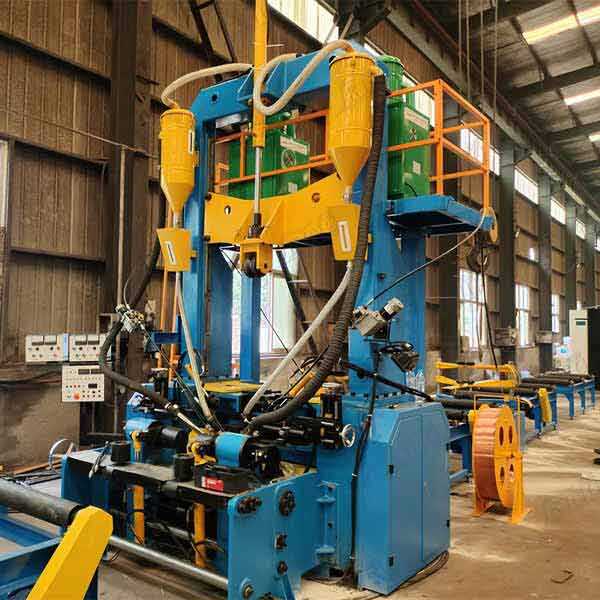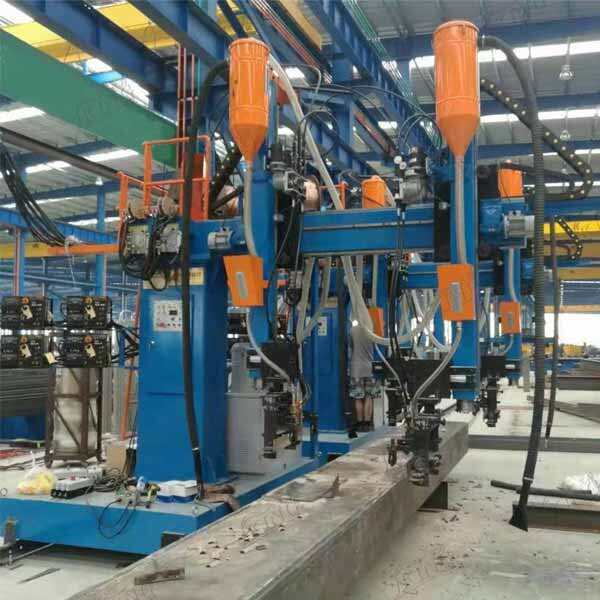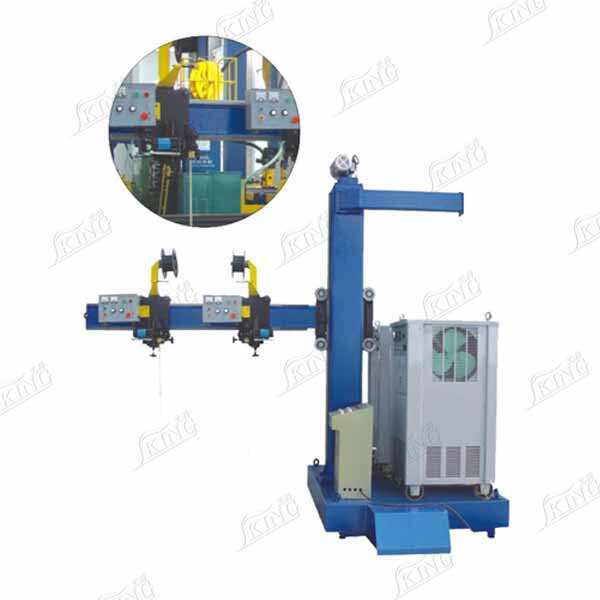heavy machinery esw welder
The heavy machinery ESW (Electroslag Welding) welder represents a cutting-edge solution in industrial welding technology. This sophisticated equipment utilizes electroslag welding processes to join thick metal plates and sections with exceptional precision and strength. The system operates by maintaining a molten slag bath between the workpieces, where electrical current passes through the conductive slag to generate the heat necessary for welding. With its robust construction and advanced control systems, the ESW welder can handle materials ranging from 1 to 12 inches in thickness, making it ideal for heavy industrial applications. The machine features automated vertical welding capabilities, precise temperature control mechanisms, and integrated cooling systems to ensure consistent weld quality. Its computerized interface allows operators to monitor and adjust welding parameters in real time, while the built in quality assurance systems continuously track weld integrity. The ESW welder excels in applications such as shipbuilding, pressure vessel manufacturing, heavy equipment fabrication, and large structural steel projects, where high quality, deep penetration welds are essential.


